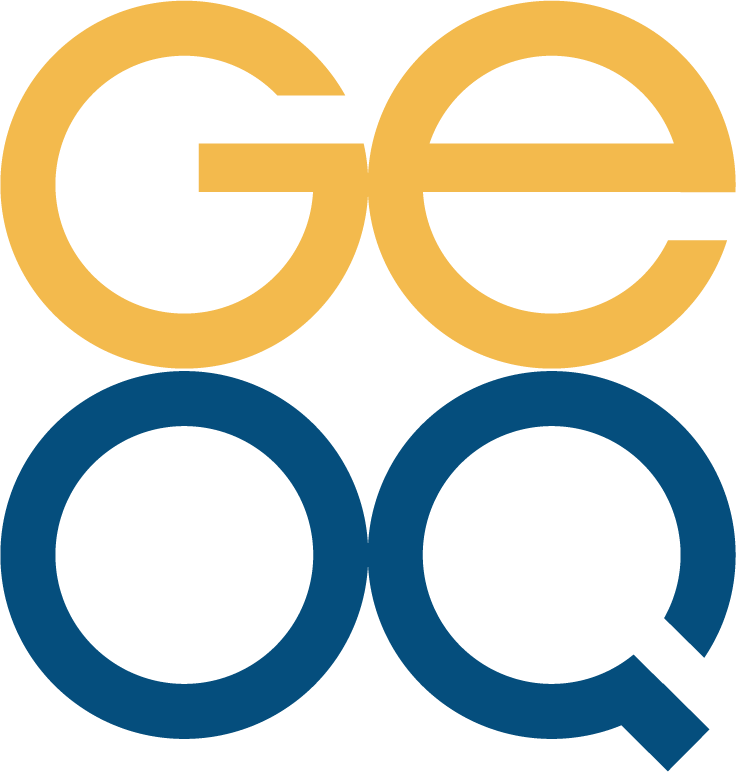| TITRE | (EN) Open-Label, Global, Multicenter, Randomized, Phase 3 Study of Sacituzumab Govitecan Versus Docetaxel in Patients With Advanced or Metastatic Non-Small Cell Lung Cancer (NSCLC) With Progression on or After Platinum-Based Chemotherapy and Anti-PD-1/PD-L1 Immunotherapy |
| PROTOCOLE ID | EVOKE-01 |
| CLINICAL TRIAL.gov ID | NCT05089734 |
| TYPE(S) DE CANCER | Poumon non à petites cellules |
| PHASE | Phase III |
| TYPE D'ÉTUDE | Clinique |
| INSTITUTION |
CENTRE UNIVERSITAIRE DE SANTE MCGILL
1001 boul. Décarie |
| VILLE | Montréal |
| INVESTIGATEUR(RICE) PRINCIPAL(E) | Scott Owen |
| COORDONATEUR(RICE) | |
| STATUT | Fermé |
| DATE D'ACTIVATION | 2022-03-31 |
| CRITÈRES D'ÉLIGIBILITÉ | (EN)
|
| CRITÈRES D'EXCLUSION | (EN)
Note: Other protocol defined Inclusion/Exclusion criteria may apply. |
